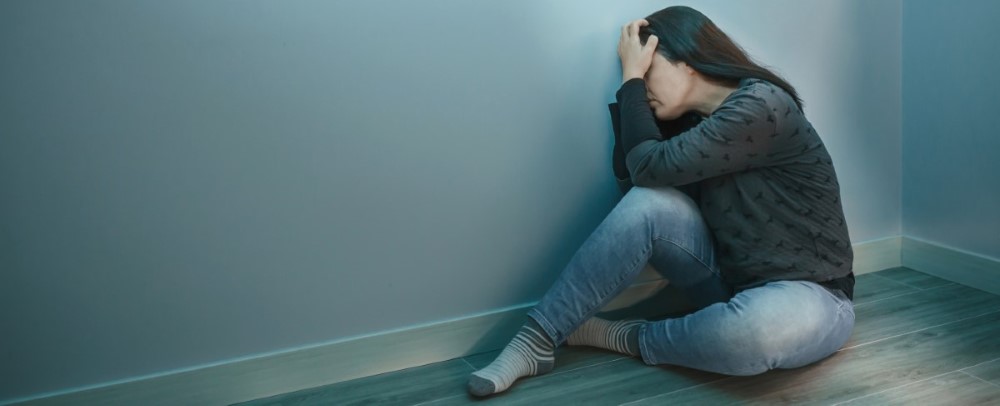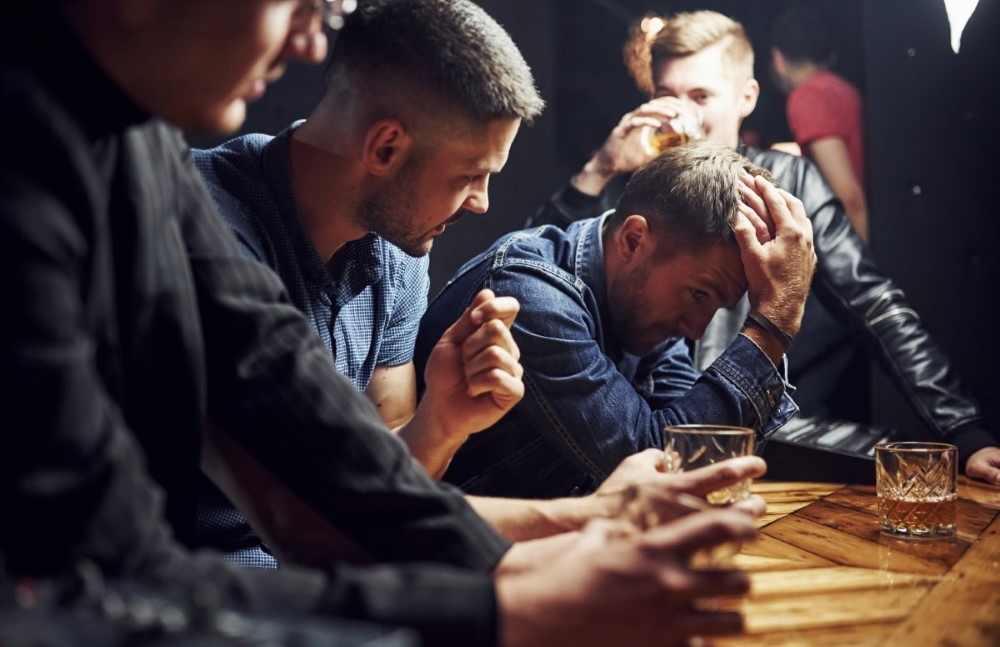In the realm of addiction, guilt is a powerful and often destructive emotion. If you’re grappling with addiction, you might find yourself in a cycle where substance use leads to guilt, which in turn fuels further substance abuse as a means of escape. This cycle of guilt can be paralyzing, as it perpetuates a sense of self-loathing and unworthiness, making the journey to recovery seem insurmountable. Understanding this cycle is the first step in breaking free from its grasp.
Guilt as a Trigger for Substance Use
Guilt can stem from various sources – the impact of your actions on loved ones, societal stigma, or personal disappointment. This emotion can become overwhelming, leading to a desire to numb the pain through substance use. The temporary relief offered by substances can seem like a solace, but it only serves to deepen the cycle of addiction, creating a recurring pattern of guilt and substance use.
Strategies for Overcoming Guilt in Addiction Recovery
Breaking free from the cycle of guilt requires compassionate and multifaceted strategies. This begins with self-forgiveness, an acknowledgment that addiction is a disease and not a moral failing. Engaging in therapy can be instrumental in addressing the underlying causes of guilt and developing healthier coping mechanisms. Support groups also offer a platform to share experiences and learn from others who have faced similar struggles, fostering a sense of community and understanding.
Mindfulness practices can be particularly effective in dealing with guilt. These practices encourage you to live in the present moment and develop an attitude of self-compassion, rather than dwelling on past mistakes. Mindfulness helps in recognizing guilt as an emotion, not a definition of who you are, and provides tools to work through these feelings constructively.
Relapse can be a common part of the recovery journey, often accompanied by intense feelings of guilt. It’s important to view relapse not as a failure but as a setback in a larger journey. Adopting a growth mindset can help in learning from these experiences and developing resilience. Remember, overcoming addiction is a process, and persistence is key, even in the face of relapse.
The Interplay of Addiction and Guilt
The Four Stages of the Addiction Journey
Embarking on the journey of addiction, individuals traverse four distinct stages, each shaping their unique narrative. From the initial experimentation to regular use, progressing into risky use or abuse, and ultimately culminating in the depths of drug addiction and dependency, the trajectory varies for each person. Understanding these stages lays the foundation for comprehending the intricate dynamics of addiction, offering insights into the complexities that unfold.
Decoding the Addiction Cycle Theory
Scientific evidence firmly establishes addiction as a chronic brain disease, characterized by the potential for recurrence and recovery. The addiction process unfolds in a three-stage cycle: the intense phase of binge and intoxication, the challenging period of withdrawal and negative affect, and the anticipatory phase of preoccupation. This cycle encapsulates the nuanced journey of addiction, shedding light on the cyclical nature that individuals grapple with on the path to recovery.
A Pervasive Emotion in the Addiction Landscape
Within the realm of addiction, guilt emerges as a powerful and pervasive emotion. Whether stemming from actions under the influence or decisions that impact lives, guilt becomes a companion on this journey. It’s the weight of responsibility and remorse, a tangible reminder of the wrong turns taken. Delving into the intricate relationship between guilt and addiction provides a crucial understanding of the emotional landscape that individuals navigate during their battle against dependency.
Guilt’s Role in the Addiction Cycle
Guilt, intertwined with the cycle of addiction, creates a complex and often vicious dance. It becomes a driving force, perpetuating the very cycle it seems to condemn. Exploring how guilt feeds into this cycle unveils the psychological intricacies that individuals face. To break free from the chains of addiction, one must first understand the role guilt plays and then implement compassionate strategies to dismantle this self-perpetuating cycle.
Compassionate Strategies for Liberation
Breaking the cycle of guilt in addiction requires compassion and strategic interventions. This exploration delves into practical, compassionate strategies aimed at breaking free from the shackles of guilt. By understanding the interplay between guilt and addiction, individuals can embark on a transformative journey toward recovery, guided by insights that illuminate the path to liberation.
Navigating Tomorrow: The Future Impact of Breaking Free
Understanding the Ripple Effect
As you grapple with the intricate dance between guilt and addiction, it’s crucial to anticipate the potential future impact of breaking free. Breaking the cycle is not just a present victory; it’s an investment in your future well-being. The ripple effect of liberation from guilt extends beyond the immediate, shaping a path towards a more resilient and empowered tomorrow.
Empowering Your Recovery Journey
Guilt, woven into the fabric of addiction, can influence the trajectory of your recovery journey. By comprehending how guilt feeds into the addiction cycle, you gain a powerful tool for self-reflection. Armed with this understanding, you can proactively navigate the challenges that may arise, empowering yourself to confront guilt and rewrite the narrative of your recovery.
Compassionate Strategies: Your Key to Liberation
Embarking on the road to break free from the cycle of guilt demands more than awareness; it requires actionable strategies. Compassion becomes your guiding light. Offering yourself the kindness and understanding that you deserve, you can implement strategies tailored to your unique experience. From self-forgiveness to embracing a support network, these compassionate approaches pave the way for sustained liberation.
Building Resilience for Tomorrow’s Challenges
As you explore the interplay of guilt and addiction, remember that breaking free is not a one-time event but a continuous process. The strategies you employ today lay the foundation for resilience in the face of future challenges. This forward-focused mindset equips you with the tools needed to navigate the complexities of guilt, fostering a sense of control over your future path.
A Future Defined by Liberation
The potential future impact of understanding and breaking free from the cycle of guilt in addiction is a future defined by liberation. It’s a future where guilt ceases to be a shackle and becomes a stepping stone towards personal growth and recovery. By embracing this journey with openness and determination, you pave the way for a future where the cycle of guilt loses its grip, allowing you to emerge stronger, wiser, and free.
Breaking free from the cycle of guilt in addiction is a journey that many find challenging, yet it is one of the most transformative paths you can embark on. As we delve into understanding how guilt intertwines with addiction and explore compassionate strategies to overcome it, your insights and experiences are incredibly valuable. I invite you to share your stories and perspectives, to engage in this meaningful dialogue, and to find solace and strength in the shared experiences of others. Together, we can shed light on this complex issue and support each other in breaking free from the chains of guilt and addiction. Let’s continue this conversation and foster a community of understanding, support, and healing.




